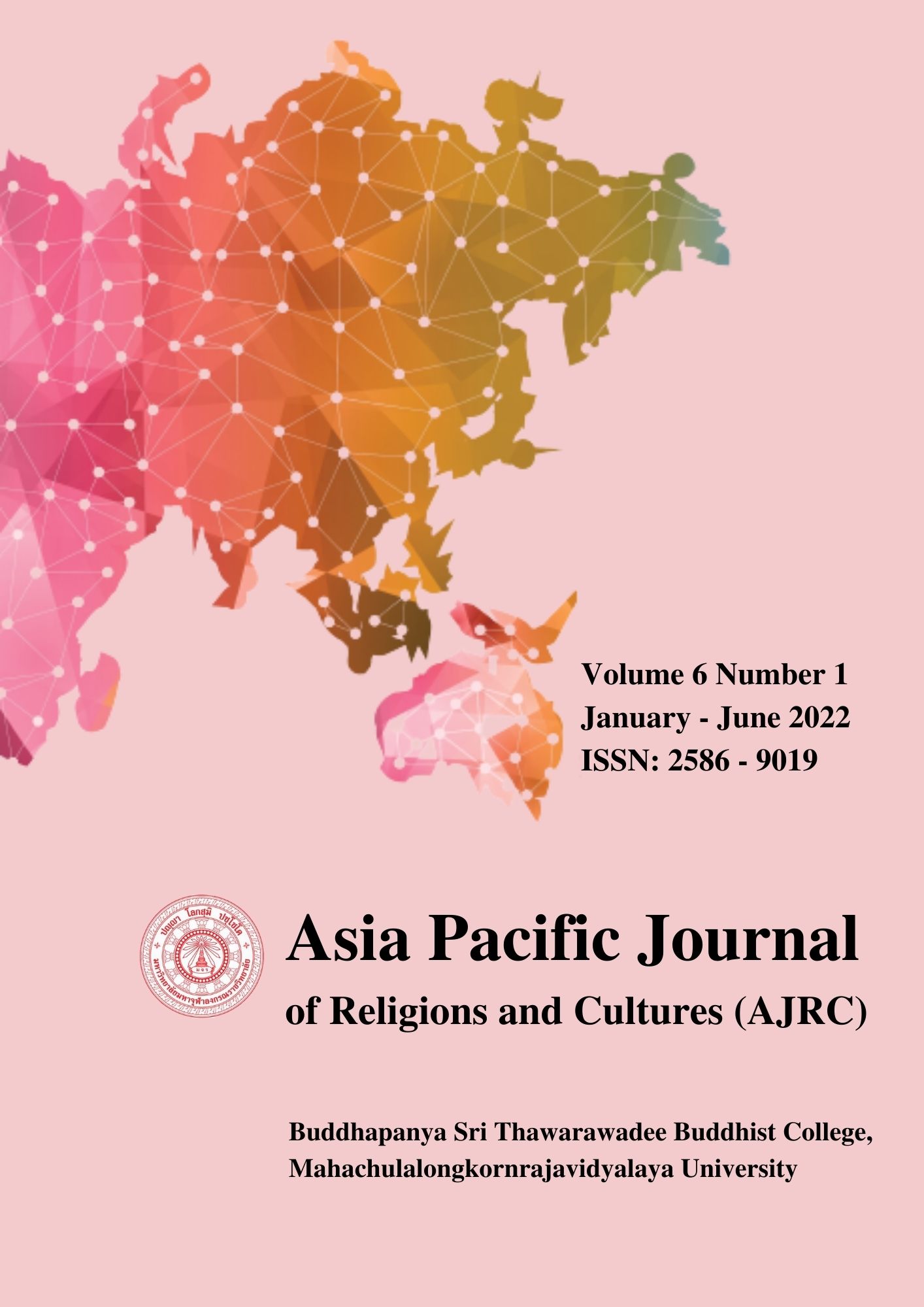Educational Quality Assurance and National Educational Standards: Results and Expectations
Main Article Content
Abstract
Nowadays, it is widely accepted that quality and educational standards are important for all parties involved. In the provision of education must be aware and proceed to achieve results in accordance with the educational standards set. The educational quality assurance system is an important mechanism to help improve the quality and education standards effectively. National Education Act 1999 and as amended to (No. 3) 2010 Sort 6 Section 48 specify that the jurisdiction and the educational institution have established the internal quality assurance system of the school and consider the internal quality assurance as part of the educational administration process that must be continuously implemented. School prepares an annual report for submission to related departments in order to improve the quality according to educational standards and support external quality assessments afterward. Ministry of Interior has announced early childhood education standards, Basic education standards and practice guidelines for educational quality assurance for internal quality assurance of schools under the local administrative organization. They set standards and issues for consideration to be less, more compact, truly reflect quality, emphasize on real assessment, not complicated, create standardized assessment system, reduce the storage burden, and reduce the preparation of documents used for evaluations. This article presents an international standard for education management to be an appropriate guideline.
Article Details

This work is licensed under a Creative Commons Attribution-NonCommercial-NoDerivatives 4.0 International License.
References
Ahmad, M., & Rochimah, H. (2021). Improving Teaching Effectiveness Through Transformational Leadership and Integrity. International Journal of Evaluation and Research in Education, 10(4), 1316-1324. http://doi.org/10.11591/ijere.v10i4.21801
Kadish, P. (2019). Educational Quality Assurance in Thailand: A Literature Review. Journal of MCU Humanities Review, 5(2), 175-183.
Office of National Education Commission. (2002). National Education Act, 1999 and Amendments (No. 2) 2002. Bangkok: Religious Affairs.
Office of the National Education Commission. (2011). Educational standards for External quality assurance of fundamental education. Bangkok: Pimdee.
Phumpongkachasorn, P. (2020). Education Quality Assurance Handout. Bangkok: King Mongkut's Institute of Technology Ladkrabang.
Phumphongkhochasorn, P., Damnoen, P. S., Suwannaprateep, T., & Phoomparmarn, U. (2021). National Educational Standards and the
Improvement of Thai Education System with World Class. Asia Pacific Journal of Religions and Cultures, 5(1), 75–86
Rughoobur-Seetah, S., & Hosanoo, Z. A. (2021). An Evaluation of The Impact of Confinement on the Quality Of E-Learning in Higher Education Institutions. Quality Assurance in Education, 29(4), 422-444. https://doi.org/10.1108/QAE-03-2021-0043
Sewatanon, N., Yurarach, S., & Thaima, W. (2021). The Strategies of Creating Competitive Advantage of Secondary Education under the Office of the Basic Education Commission. Journal of Arts Management, 5(3), 673–687
Wongperk, G. (2021). Developing Strategic Leadership in the Digital Age to a Learning Organization. Journal of Educational Innovation and Research, 5(2), 467–478.
Zhao, S. (2021). Combined AHP-TOPSIS-IPA and Statistical Analyses for Implications to One Belt One Road Initiatives. International Journal of Multidisciplinary in Management and Tourism, 5(2), 100–121. https://doi.org/10.14456/ijmmt.2021.10
Zhang, X., Admiraal, W., & Saab, N. (2021). Teachers’ Motivation to Participate in Continuous Professional Development: Relationship with Factors at The Personal and School Level. Journal of Education for Teaching, 47(55), 714-731. https://doi.org/10.1080/02607476.202.1942 804

